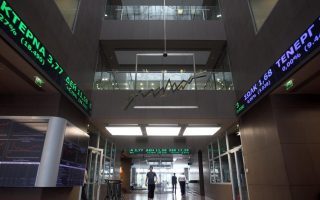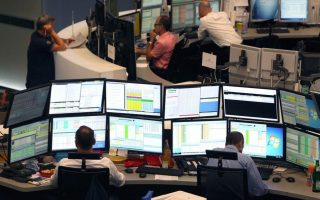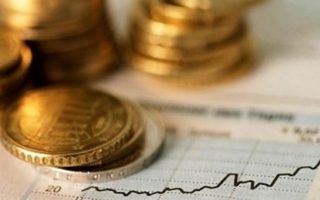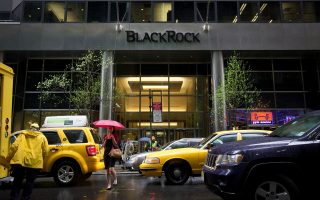Greek businesses try to pick up pieces under shadow of elections
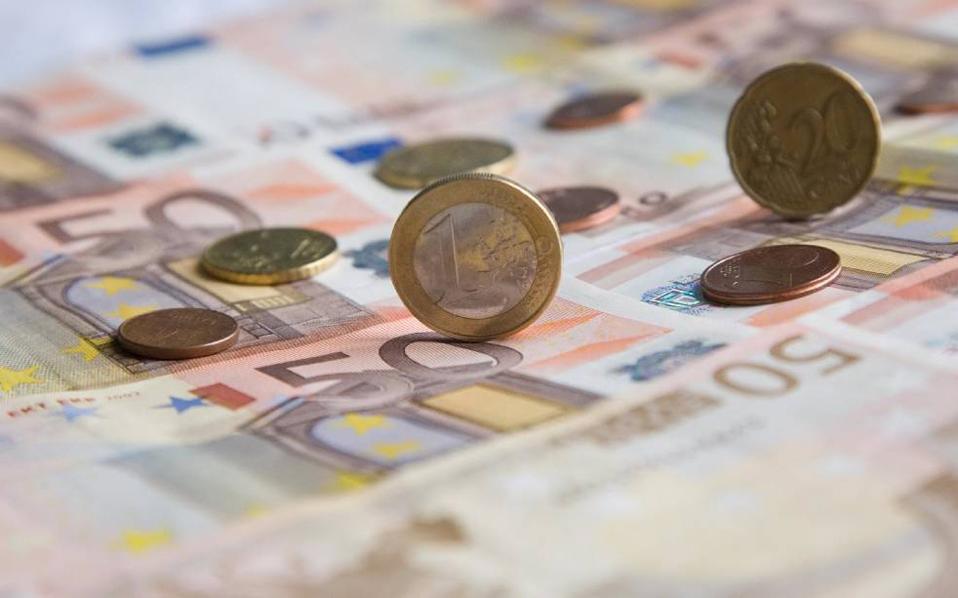
Greek companies start two days of meetings with investors Thursday in London, trying to rekindle interest in the nation’s businesses after months of political wrangling over terms of a third bailout package and the imposition of capital controls. Executives have their work cut out for them.
Since the last roadshow by Greece Inc. a year ago, investors have seen the nation’s banks lose four-fifths of their value, helping wipe 30 billion euros ($33.6 billion) off the stock exchange’s market capitalization. And while a July agreement staved off an immediate exit from the euro zone, executives will need to convince that fresh elections this month won’t cause any more unrest, and that whatever government emerges can satisfy its creditors with its implementation of bailout measures.
“The bottom line is that the growth picture is still going to be very challenging going forward,” said Alberto Gallo, head of macro credit research at Royal Bank of Scotland Group Plc in London, who will speak at a panel discussion at the event on Friday. “The big problems are the implementation of reforms and the competitiveness in the long run. Debt sustainability still remains a big issue.”
While recent news about the state of the Greek economy has been positive — gross domestic product unexpectedly advanced in the second quarter — economists expect more evidence of economic weakness when third-quarter data is released. July saw economic sentiment indicators collapse after a three-week bank shut-down and restrictions on the flow of capital out of the country after then-Prime Minister Alexis Tsipras called a referendum on terms on offer from creditors the country’s bailout negotiations.
Important presence
The roadshow was only announced on Aug. 4, later than last year’s event, a day after the stock exchange opened following a five-week suspension caused by bank holidays and the capital controls. Twenty-nine listed companies, including all of Greece’s banks, Intralot SA and Mytilineos Holdings SA, will meet with fund managers and analysts at Bloomberg LP headquarters.
“It’s good that they’re still doing it because they have to keep up the presence,” said George Zois, a director on the distressed debt desk at Exotix Partners in London. “We’re setting ourselves up for some sort of coalition government. It really doesn’t matter who’s going to be in it any more.”
For the second year running, an ongoing asset quality review of Greek banks’ loan portfolios will be a key theme of the event. Investors will hope to get a better picture on the next steps toward their recapitalization after the bailout set aside as much as 25 billion euros for this purpose. The Finance Ministry Tuesday set up a task force to draw up a list of options for that process, so any new government will be able to make informed decisions.
An index of Greek banks has plunged more than 80 percent in the past year, with Piraeus Bank dropping more than 90 percent, burning investors like Fairfax Financial Holdings Ltd and Paulson & Co, which participated in previous share capital increases.
Gains possible
Still, it hasn’t all been bad news for investors who bought Greek companies in the past year. Both Aegean Airlines SA and Motor Oil Hellas SA, which were also present last year, bucked the trend and gained since the start of the last roadshow. Aegean rose 1.7 percent, buoyed by strong performance by the country’s tourism sector, which helped passenger traffic grow 15 percent in the first half.
Greece was plunged into turmoil in December, when then- Prime Minister Antonis Samaras’s failed to get Parliament to choose a new president, leading to elections in January, which Tsipras’s Syriza won on an anti-bailout platform. The nightmare scenario for businesses would be a third election in 2015, if animosity between the biggest parties prevents them forming a coalition after this month’s ballot.
While rhetoric over the shape of a post-election government has been a divisive issue on the campaign trail, a pro-Europe coalition remains the likeliest outcome, Nikos Koskoletos, head of research at Eurobank Equities, said in a Sept. 7 note to clients. That could lead non-bank shares to appreciate about 25 percent, with Opap SA and Hellenic Telecommunications Organization SA the top picks, he said.
“Over the crisis years there has always been a political leader suggesting easier alternatives to implementing the economic adjustment program,” Koskoletos said. “Once in power, the rhetoric would change eventually adopting an economic adjustment program stipulated agenda.”
[Bloomberg]


